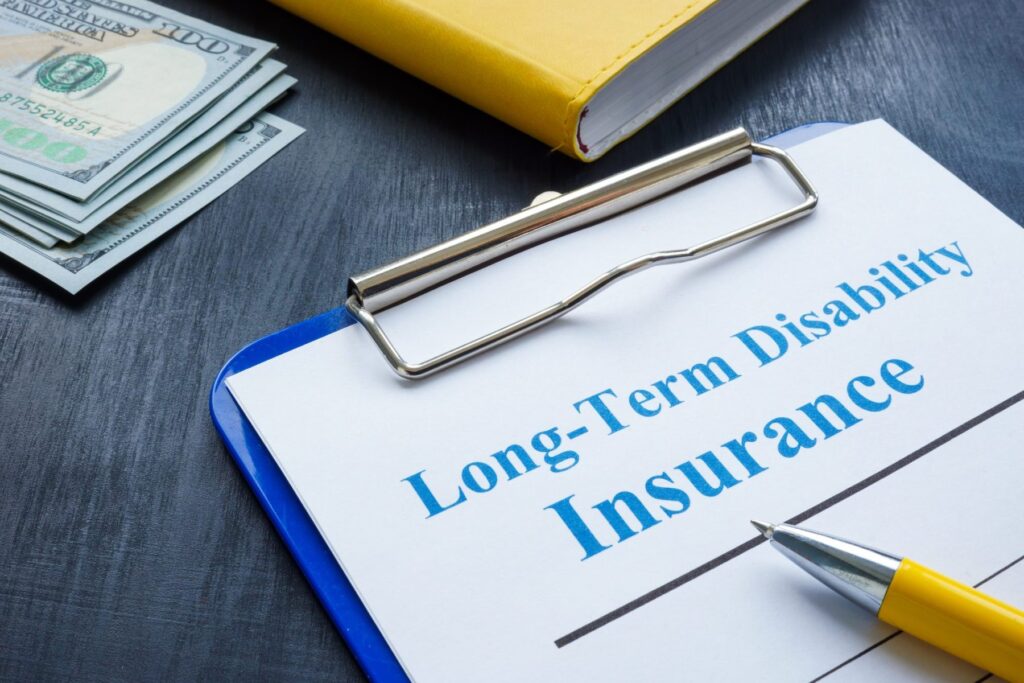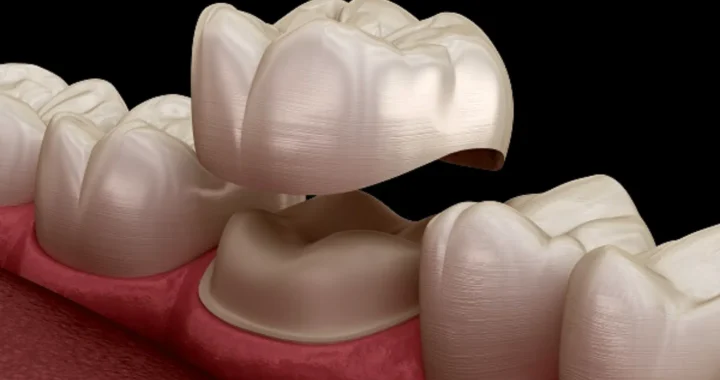Long-Term Disability Insurance Claim for Speech Disorder in the United States

If you are someone who has lost your ability to speak and communicate because of a speech disorder, it can be quite challenging to perform your job duties and daily tasks.
In case you are going through something like that, you are eligible to apply for long-term disability (LTD) benefits under an existing insurance policy if your speech impairment prevents you from working. A personal policy that you own, or one that is offered by your company, may cover LTD benefits. Find the list of other conditions that qualify for LTD in the United States here.
LTD claims:
Since insurance providers are notorious for rejecting LTD claims for speech difficulties, you may already be engaged in litigation. But if things are not moving forward, with the aid of a disability attorney with lots of expertise with speech problem disability claims, your chances of substantiating your case and winning benefits significantly increase.
Causes of speech disorder:
Speech difficulties can be brought on by trauma, sickness, physical conditions, or genetics. Dysphonia, spasmodic dysphonia, aphonia, respiratory weakness, polyps or nodules on the vocal cords, amyotrophic lateral sclerosis (ALS or Lou Gehrig’s illness), dementia, Parkinson’s disease, brain damage, Huntington’s disease, and spinal cord injury are some of the possible causes.
How can you win a claim for a speech disorder?
A strong record is a key component of the steps you can take to strengthen your claim. Get an attorney to draught a thoroughly documented medical opinion of the condition from your attending physician. The attorney will keep up to date and assist with any issues brought on by your speech disability or other comorbid disorders.
Do you qualify for SSD benefits?
Yes. Often working and retaining a job becomes impossible when the disease is so severe that you can no longer talk and be understood by others. In such circumstances, you can be eligible for Social Security Disability Insurance (SSDI) benefits.
SSDI mentions speech disorders in Section 2.00 Special Senses and Speech, particularly part 2.09 of the Listing of Impairments (Blue Book).
Final thoughts:
To successfully file for SSDI benefits, you must demonstrate that your speech disorder prevents you from doing your job or other work and that it fulfills all the criteria for the relevant SSA Listing. An attorney can assist you in filing and winning a claim if your disability claim was rejected and you need help meeting the requirements for benefits.


 Dental Crowns –Restoring Strength, Function, And Aesthetics.
Dental Crowns –Restoring Strength, Function, And Aesthetics.  One-Person Wonder: Making Waves in the Massage Industry in Gunma
One-Person Wonder: Making Waves in the Massage Industry in Gunma  How Cataract Surgery in Nashville Improves Vision and Quality of Life
How Cataract Surgery in Nashville Improves Vision and Quality of Life  Maintaining Oral Health: The Role of Dentists in Richmond
Maintaining Oral Health: The Role of Dentists in Richmond  How to Choose the Best Implant Dentist in Sheffield: A Guide
How to Choose the Best Implant Dentist in Sheffield: A Guide  How Invisalign is Revolutionising Orthodontics in London
How Invisalign is Revolutionising Orthodontics in London  Veneers: A Popular Cosmetic Solution for a Beautiful Smile in London
Veneers: A Popular Cosmetic Solution for a Beautiful Smile in London